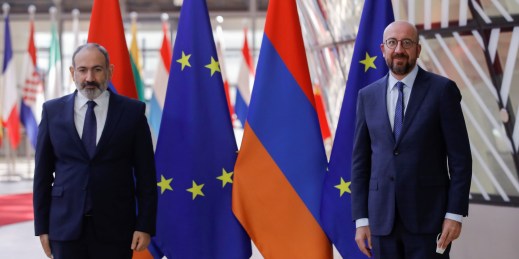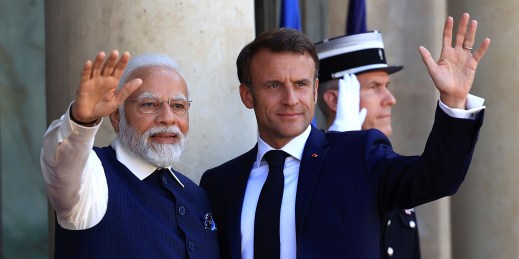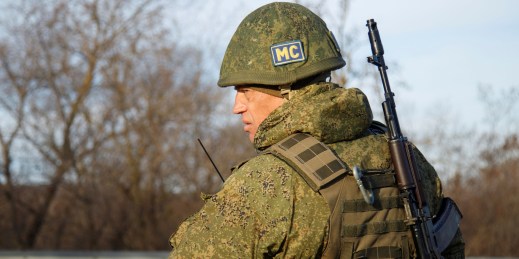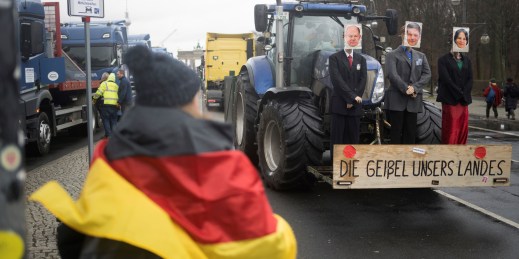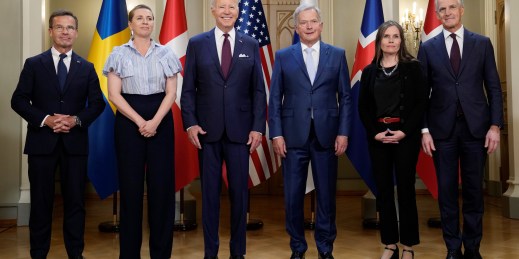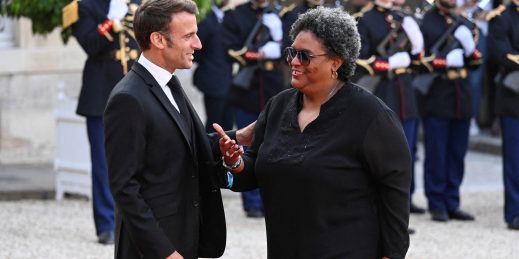
French President Emmanuel Macron has long called for a stronger and more sovereign Europe, in part by pursuing stronger partnerships with the Global South and reform of the international finance architecture. But those plans won’t be enough if major powers refuse to cooperate or negotiate in good faith with Global South countries.

